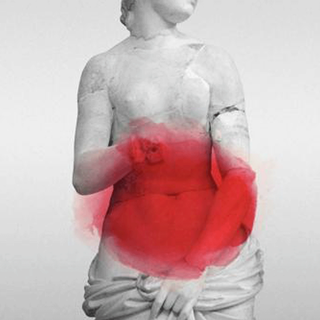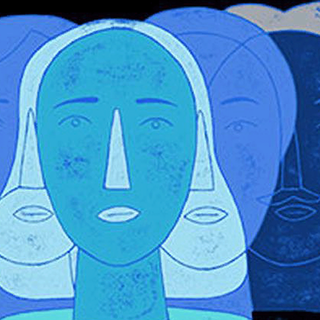When 60,096 Indian women were surveyed to assess at what age they first got pregnant, it was found that 25% of them were in the age group of 10-19 years, or just adolescents, when they became mothers, as per data derived from the fourth National Family and Health Survey (NFHS-4).
Based on data from this NFHS survey, a group of five researchers launched the first comprehensive study that examined links between teen pregnancy and child under-nutrition that was published in The Lancet and released recently.
Primarily, it was found that the implications of being born to a mother so young are that these children score poorly on height and weight for their age.
“Children born to adolescent mothers are at risk of being undernourished. Adolescent pregnancy is related to child undernutrition,” the paper states.
And the effects are not just limited to their children. Adolescent mothers are as likely to be affected. Researchers found that they could be underweight, as well as anaemic.
Related on The Swaddle:
Early Puberty Linked to Mom’s Weight During Pregnancy
Besides the age of the mother, other reasons for stunted children being born to adolescent mothers included a poor maternal nutritional status (low nutrition levels during pregnancy), less access to health services and education levels. Sub-optimal complementary feeding practices or less availability of other foods and liquids needed when breast milk alone is not sufficient along with poor living conditions was one of the reasons too.
“Together, these factors accounted for an 11 percentage point higher prevalence of child stunting in teenage mothers as compared to those born to adult mothers,” the paper says.
According to U.S.-based International Food Policy Research Institute, India is home to more stunted children than any other country and is also one of the ten countries with the largest burden of teenage pregnancy.
Researchers of the current study blame the prevalence of child and early marriage practices in India for the above.
Although marrying a girl under 18 is illegal in the country as per the Prohibition of Child Marriage Act, 2006, 27% of girls are married off before they turn 18 and 31% of Indian women surveyed have already birth by the age of 18 years, as per a Scroll report citing numbers from the NFHS-4.
“Unfortunately, in India, early marriage and subsequent pregnancy is often not a deliberate choice, but rather the result of an absence of choices and of circumstances beyond a girl’s control,” Purnima Menon, co-author of the study, told India Science Wire.
Therefore, to improve maternal and child nutrition, it would help if there are, “Interventions to increase age at first marriage, age at first birth, and girl’s education,” the paper states.




